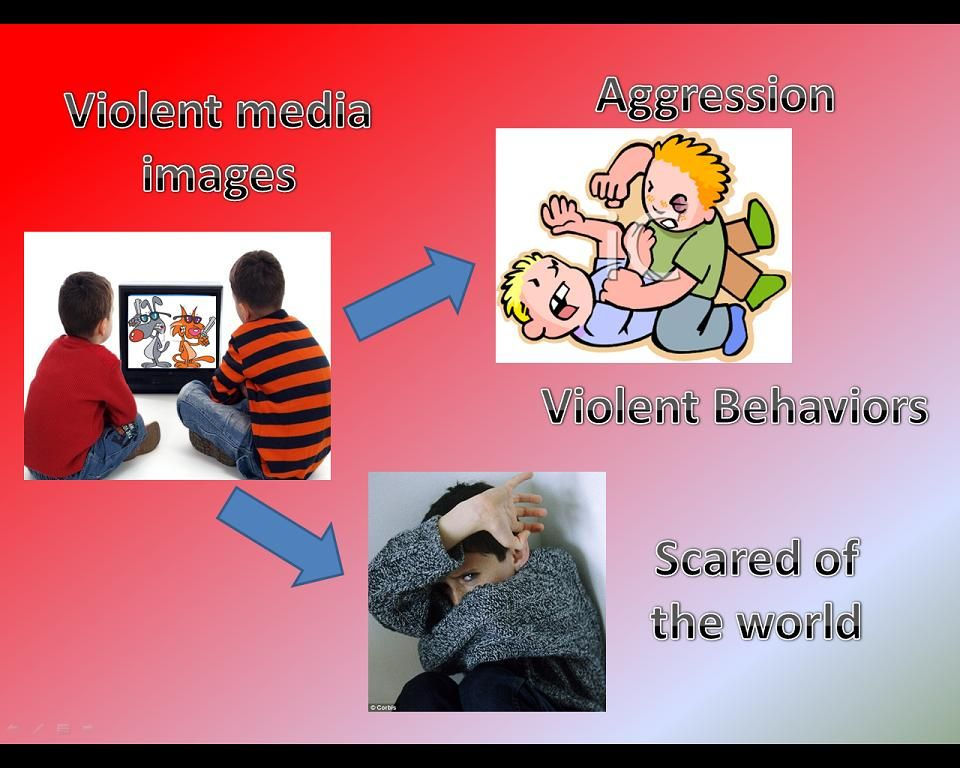BREAKING NEWS: Are You A News Junkie ?
- Tanmay Gujarathi

- Jun 8, 2020
- 4 min read

Before starting anything let me ask you some questions,– Is it right to say that you are a self-proclaimed news addict? Do you spend hours looking through the internet feeds which consumes the most recent political, health, natural or innovation news? Understanding recent developments and what's going on around the globe keeps us updated and causes us to comprehend what may influence our lives. But, when does consumption of news become destructive to our mental health and our productivity?
Now let’s get started and choose for yourself. When enough, is enough?
· News reports filled with negativity give rise to individual stress –
We're immersed with negative reports every day. Clashes, cataclysmic events and other upsetting occasions are routinely pushed to our news sources via social media, print-media and through our electronic gadgets.
We seldom feel restless when we find out about troubling occasions and have sympathy for the individuals who are influenced. What do the doctors say? As per psychologists, news reports filled with negativity could infuriate our own concerns that are not identified with the substance of the report.
Solution: In case you're stressed over difficulties that exist in your life, then try to reduce your negative news utilization to reduce unreasonable nervousness about it.

· Biased reporting and conversations cause pressure and dissatisfaction –
As indicated by researchers at Stanford University, political language, which is routinely taken up by news locals, is progressively fanatic. This research shown that ideological groups advance their plan by utilizing language with peculiar subtexts.
This one-sided language makes us progressively energized and conversations become antagonistic, particularly via social media. In fact, as per the Pew Research Center, 59% of the people who were surveyed, it is discovered that while talking about political issues via social media with the individuals who they disagree with, find it "distressing and disappointing." And 37% are "exhausted" by the quantity of political conversations that they see.
Solution: In the event that political reports and conversations are causing you stress and dissatisfaction, limit time via social media and unfollow sites that you think are biased. Abstain from taking part in discussions that summon enthusiastic reactions.
· Repeated negative reports cause us to feel perilous –

Journalists perceive that negative features beat positive features and there is proof that we may find neurologically wired to concentrate on negative data. Since cynicism stands out, the media more than once serves it up in spades.
What happens when we're overwhelmed with fierce and negative news? Mary McNaughton-Cassill has examined the impacts of media on worry since the Oklahoma City bombing in 1995. In an article published by WPR, she shows that when we're encircled with worldwide, negative or harmful data 24/7, it causes us to accept that things are more hazardous than they are. Different specialists allude to this wonder as "mean world syndrome."
Solution: On the off chance that presentation to news is causing you sentiments of sadness, McNaughton-Cassill suggests a media excursion. She recommends, "… switch off the news, unplug from internet based life applications, and accomplish something different."
· Extreme consumption of news ruins our efficiency –
When you were a kid, did you have a relentless younger sibling who consistently asked for attention? This is the news in today’s age. It's quite easily visible to us on our cell phones; impacting at the exercise center and even displayed when you're getting a manicure.
Average Adult spends around 57 minutes daily devouring news on news websites and TV, and extra 13 minutes per day reading/watching news online. Considering the majority of the data we learn is for diversion purposes just, and it isn't noteworthy, we could be concentrating our time on different exercises that have a significant effect in our lives. Envision what you could do with one more hour or so, in a day!
Solution: Get away from media and practice rejuvenation. Invest some energy at the sea shore or play a series of golf, or some outdoor games.

· Fake news causes us to feel misdirected and can be hazardous –
At this point, no doubt we hear that fake news sites are sneaking all over the place. These fake sites distribute purposeful propaganda and bogus information, normally by imitating set up news locales.
Does fake news influence your psychological wellness and well-being? Obviously. Falsehood can prompt dread, disarray and frenzy. What's more, we feel betrayed when we understand we've been hoodwinked.
Solution: Verify the factness of the news before you read it. To start with, check the URL. Does it end with “.co” rather than “.com”? On the off chance that it is faulty, check Snopes.com, which has been observing phony news and urban legends since the 90s.
Staying updated regarding recent developments that influence our day by day lives is significant. Notwithstanding, in the event that you are worrying about the happenings on the planet, which concur with thoughts related to what you consume from the press, it may be an ideal opportunity to put yourself on a media diet.
I hope you must have found the answers of those questions which were depicted in the start of the blog. I’ll see you in next blog till then, stay safe physically and mentally in this lockdown.
_edited.jpg)



Comments